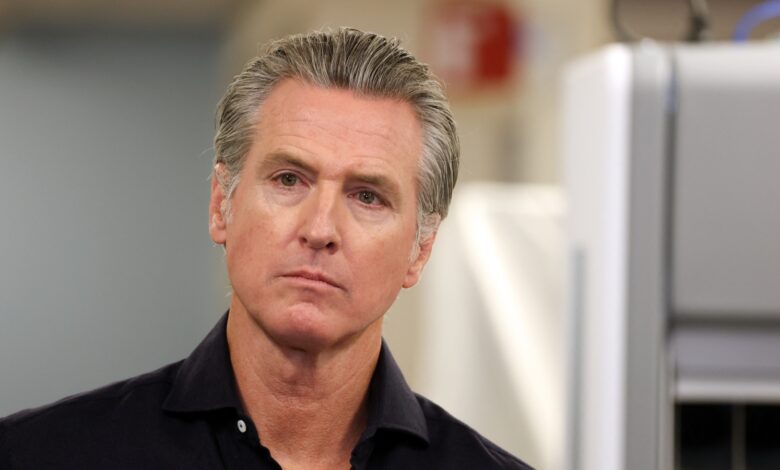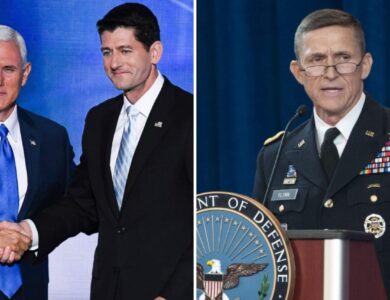Most Californians Oppose A Newsom 2028 Presidential Run: Survey

California is once again under a national microscope — this time because of Proposition 50, redistricting battles, and a growing debate over whether Gov. Gavin Newsom should run for president in 2028.
A new statewide survey shows Democrats are enthusiastic about the idea of a Newsom campaign, but that support fades sharply outside his party. Among California voters overall, most – 52 percent – do not want the governor to seek the White House, CBS News reported.
A large % of Californians in his own Democratic Party say Gov. Newsom should run for president in ’28, but among the state’s voters overall, that view is more split.
— CBS News Poll (@CBSNewsPoll) October 23, 2025
By comparison, more California Dems say Newsom should run than say that of former VP Kamala Harris.… pic.twitter.com/oXG2fHWjbn
Nationally, any Democrat entering the 2028 field would have to appeal to voters across multiple states. Still, home-state sentiment offers early insight into how a candidate’s leadership is perceived by those who know them best.
Newsom’s approval rating as governor remains positive — slightly higher than the number who want him to run — suggesting his leadership within California is viewed more favorably than his potential national ambitions. Most voters say he’s focused on both state and national issues, but fewer believe he’s paying attention to their local concerns.
By comparison, enthusiasm for former Vice President Kamala Harris is far lower. Fewer than a third of California voters — and just under half of Democrats — believe Harris should run again. She previously represented California in the U.S. Senate and carried the state during her 2024 campaign.
Independents are broadly skeptical of both figures, but they are notably more open to a potential Newsom candidacy than a Harris return.
Beyond politics, the poll asked Californians how they think their state measures up nationally on key issues. A majority believes California sets a good example for the nation in technology, innovation, and culture. Slightly more than half say the same about environmental policy.
That optimism disappears, however, when the focus shifts to housing, taxes, and the economy. Voters overwhelmingly describe the state’s cost of living as “unmanageable,” with concerns cutting across income levels and party lines. Even many higher-income residents say they feel squeezed by high housing and utility costs, taxes, and everyday expenses.
With that economic pressure looming, the state’s next major political test will be the 2026 race for governor. The contest is still many months away, but voters are already weighing potential candidates.
Among Democrats, U.S. Sen. Alex Padilla is the most recognized name. While he hasn’t announced a campaign, he’s widely viewed as a likely contender. Former Rep. Katie Porter also remains in the mix, but more voters say they’re unsure about her than about any other possible candidate.
Many respondents say they haven’t heard enough about most potential entrants to make a firm choice. The high level of uncertainty and “cross-consideration” — with voters weighing multiple Democrats at once — underscores how fluid the race remains.
The poll also reveals frustration with both major parties. Only about one-quarter of California independents believe either Democrats or Republicans actively try to earn their votes. Democrats fare slightly better than Republicans on that measure, but they perform worse when asked whether voters think they take support for granted.
Even in a state dominated by one party, the sense that voters feel overlooked is notable. Analysts say it could play a role in turnout and enthusiasm as the 2026 gubernatorial and 2028 presidential races approach.
For now, Newsom remains one of the most prominent Democrats in the nation — a governor with solid approval ratings, a growing national profile, and a divided home state watching to see what he does next.
At the same time, California’s own challenges — soaring costs, political fatigue, and skepticism toward both parties — suggest that any future presidential hopeful from the Golden State will have to convince voters at home before making their case to the rest of the country.
